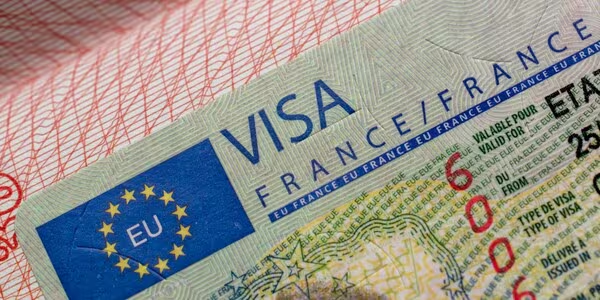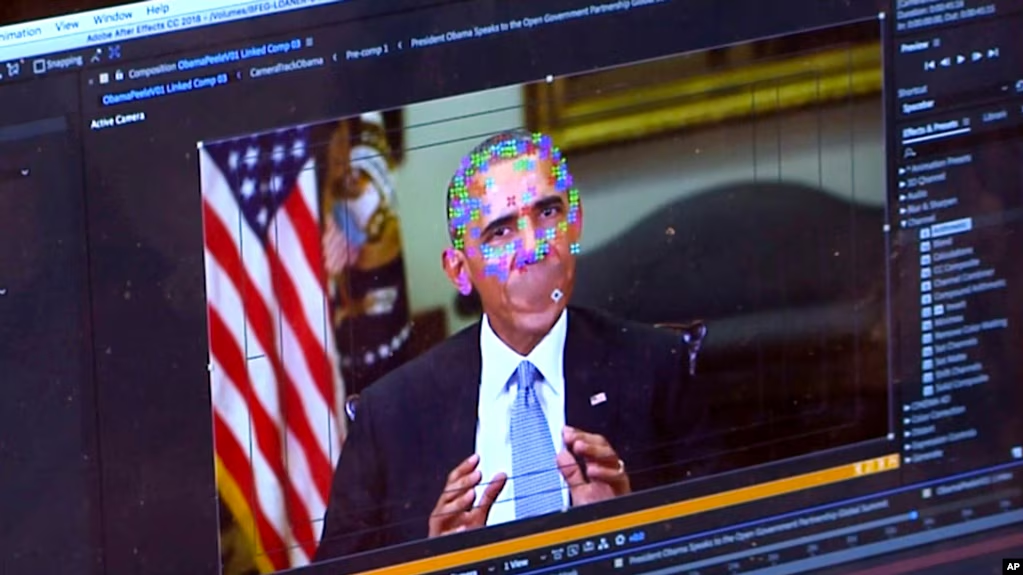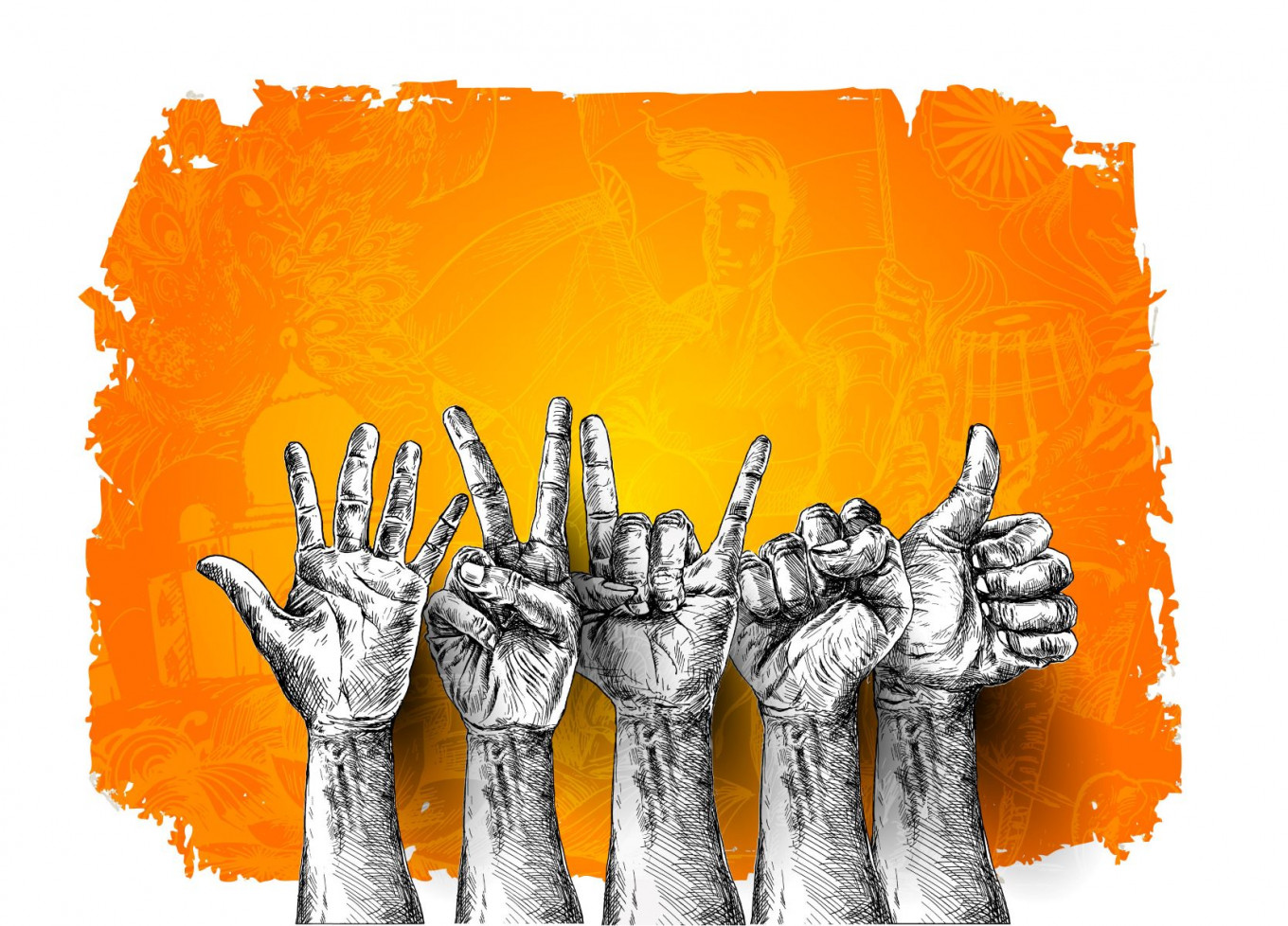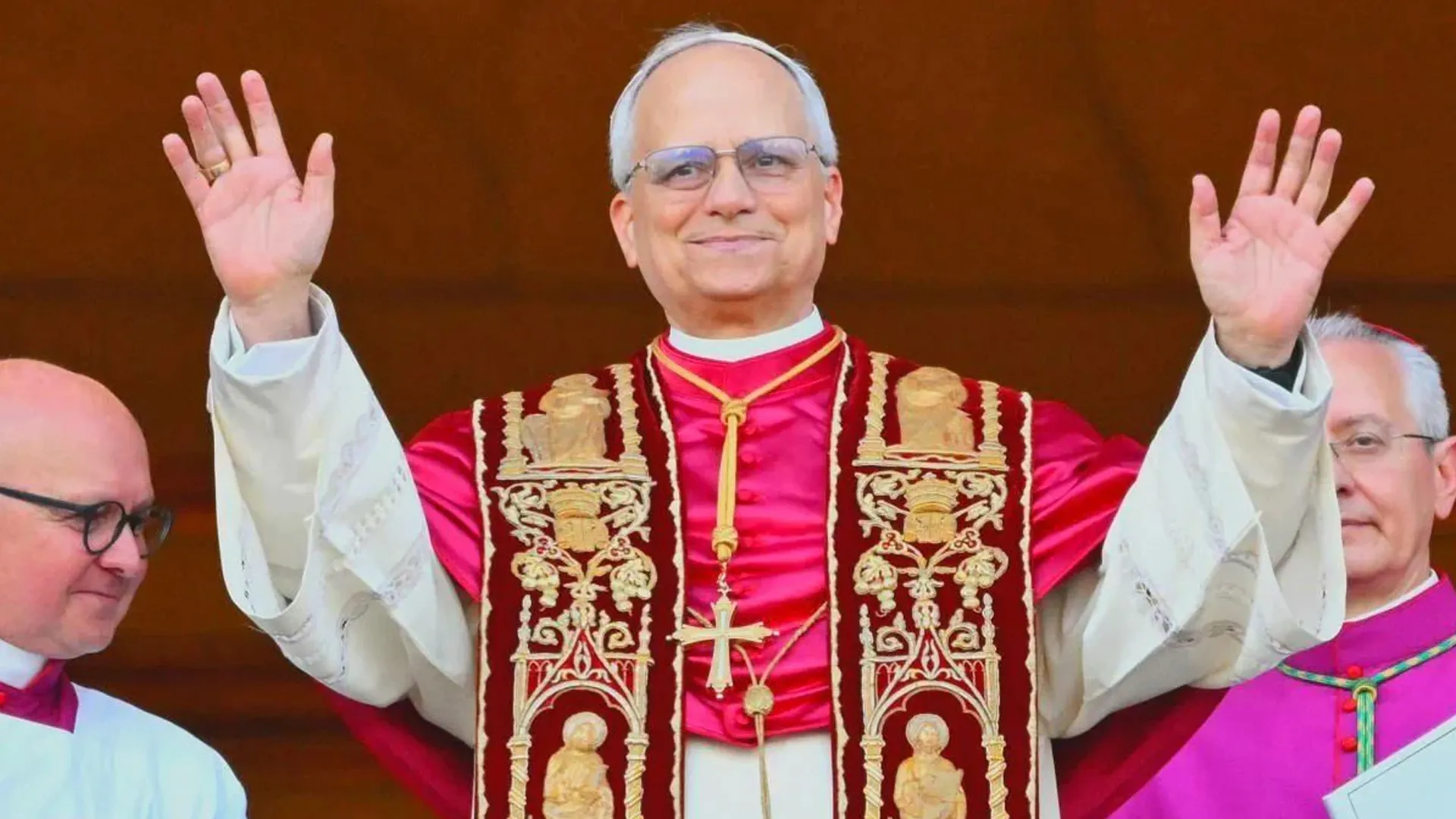France, long celebrated for its cultural heritage, gastronomy, and history, has emerged as a global leader in fostering technological innovation. The French Tech Investment Visa, a cornerstone of the nation’s strategy to attract global talent and capital, has positioned France as a hub for startups, investors, and entrepreneurs. This comprehensive 5000-word article delves into the intricacies of the Tech Investment Visa, exploring its origins, eligibility criteria, economic impact, and the broader implications for France’s tech ecosystem. We uncover hidden truths, analyze relevant research, and provide a detailed perspective on how this visa is shaping the future of innovation in France.
Origins and Evolution of the French Tech Investment Visa
A Vision for Innovation
The French Tech Investment Visa, officially launched in 2017 as part of the broader French Tech Visa initiative, was designed to bolster France’s position in the global technology race. Spearheaded by the French government under President Emmanuel Macron, the program reflects a strategic pivot toward embracing globalization and digital transformation. Macron, a former investment banker, envisioned France as a “Startup Nation,” a term he popularized to signify a business-friendly environment conducive to innovation.
The visa was introduced under the La French Tech initiative, a government-backed movement to promote France’s startup ecosystem. La French Tech encompasses a network of tech hubs, accelerators, and incentives aimed at fostering entrepreneurship. The Tech Investment Visa specifically targets investors, entrepreneurs, and highly skilled professionals, offering them a streamlined pathway to reside and work in France.
Historical Context
France’s tech ambitions can be traced back to the early 2000s, when the government began investing in research and development (R&D) to compete with Silicon Valley. However, bureaucratic hurdles, high taxes, and a risk-averse culture hindered progress. The 2008 financial crisis further exposed France’s economic vulnerabilities, prompting reforms to attract foreign investment. By 2017, the Tech Investment Visa emerged as a bold step to address these challenges, aligning with Macron’s pro-business reforms, such as labor market deregulation and tax cuts for startups.
“The French Tech Visa is a game-changer. It signals to the world that France is open for business and ready to compete on the global stage,” said Axelle Lemaire, former French Minister of State for Digital Affairs.
Understanding the French Tech Investment Visa
Eligibility Criteria
The Tech Investment Visa is tailored for three primary groups: investors, entrepreneurs, and employees. Each category has specific requirements, ensuring that applicants contribute meaningfully to France’s tech ecosystem.
Investors: To qualify, investors must commit a minimum of €300,000 to a French tech company or startup. The investment must be made in a company less than five years old, with a focus on innovative technologies. Applicants must also demonstrate their ability to manage or oversee the investment, often through prior experience in business or finance.
Entrepreneurs: Entrepreneurs must present a viable business project with high growth potential. This typically involves submitting a detailed business plan to a recognized French public body, such as Bpifrance or a regional economic development agency. The project must align with France’s innovation priorities, such as artificial intelligence (AI), clean energy, or biotechnology.
Employees: Highly skilled professionals, such as engineers or data scientists, can apply if they secure a job offer from a French tech company enrolled in the French Tech Visa program. The position must offer a minimum annual salary of €50,000, reflecting the demand for top-tier talent.
Application Process
The application process is notably streamlined compared to traditional visa pathways. Applicants submit their documentation online through the French Tech Visa portal, including proof of investment, business plans, or employment contracts. The processing time typically ranges from 4 to 8 weeks, with successful applicants receiving a four-year renewable residence permit known as the “Passeport Talent.”
The Passeport Talent allows holders to live, work, and conduct business in France, with the added benefit of family reunification. Spouses and minor children can accompany the primary applicant, receiving residence permits that grant access to education and healthcare.
Economic Impact of the Tech Investment Visa
Boosting Startup Growth
Since its inception, the Tech Investment Visa has catalyzed significant growth in France’s startup ecosystem. According to a 2023 report by Station F, the world’s largest startup campus located in Paris, France attracted over €10 billion in venture capital in 2022 alone, surpassing Germany and the United Kingdom. The visa has played a pivotal role in this surge, drawing investors from Asia, North America, and the Middle East.
Startups like BlaBlaCar, a carpooling platform, and Mirakl, a marketplace software provider, have benefited from foreign investment facilitated by the visa. These companies have scaled rapidly, creating thousands of jobs and contributing to France’s GDP. The visa’s focus on early-stage companies ensures that capital flows to high-potential ventures, fostering innovation in sectors like fintech, healthtech, and greentech.
Job Creation and Talent Attraction
The influx of entrepreneurs and skilled professionals has also spurred job creation. A 2024 study by the French National Institute of Statistics and Economic Studies (INSEE) estimates that tech startups supported by the visa have created over 50,000 direct and indirect jobs since 2017. These jobs span engineering, marketing, and operations, reflecting the diverse needs of scaling startups.
Moreover, the visa has addressed France’s historical talent shortage in STEM fields. By attracting engineers, developers, and researchers from countries like India, China, and the United States, France has strengthened its capacity for cutting-edge innovation. The presence of global talent has also fostered cross-cultural collaboration, enhancing the creativity and competitiveness of French tech firms.
Hidden Truths and Challenges
Bureaucratic Hurdles
Despite its streamlined design, the Tech Investment Visa is not without challenges. Some applicants report difficulties navigating France’s administrative system, particularly when dealing with regional authorities. Language barriers and inconsistent interpretations of eligibility criteria can delay approvals, discouraging potential investors.
“The visa process is faster than before, but it’s still a maze for non-French speakers,” noted a Silicon Valley-based entrepreneur who applied in 2023. To address this, the French government has launched multilingual support services and online guides, but gaps remain.
Regional Disparities
Another hidden truth is the concentration of tech activity in Paris. While La French Tech promotes regional hubs like Lyon, Bordeaux, and Lille, the majority of visa recipients gravitate toward the capital. This exacerbates regional inequalities, with smaller cities struggling to attract talent and investment. Policymakers are now exploring incentives, such as tax breaks for startups based outside Paris, to balance growth.
Geopolitical Risks
The visa’s reliance on foreign capital raises questions about geopolitical vulnerabilities. Investments from certain countries, particularly those with strategic interests, have sparked debates about national security. In 2024, the French government tightened screening protocols for investments exceeding €1 million, aiming to safeguard sensitive technologies. While necessary, these measures may deter some investors, requiring a delicate balance between openness and security.
Research and Global Comparisons
Comparative Analysis
France’s Tech Investment Visa stands out when compared to similar programs globally. The United Kingdom’s Innovator Visa, for instance, requires a £50,000 investment and endorsement from an approved body, but its post-Brexit uncertainties have diminished its appeal. Canada’s Startup Visa offers permanent residency but demands a higher investment threshold of CAD 200,000 and a longer processing time.
In contrast, France’s visa combines accessibility with flexibility. The €300,000 investment threshold is competitive, and the four-year residence permit provides stability for long-term projects. Additionally, France’s integration into the European Union offers visa holders access to the Schengen Area, a significant draw for global entrepreneurs.
Academic Insights
Research underscores the visa’s transformative potential. A 2023 study by the OECD highlights France’s success in leveraging immigration to drive innovation, with the Tech Investment Visa cited as a model for other nations. The study notes that visa recipients contribute to knowledge transfer, bringing expertise in AI, blockchain, and renewable energy to France’s tech ecosystem.
However, the OECD also warns of potential brain drain in applicants’ home countries. For example, the exodus of Indian engineers to France has raised concerns about talent shortages in India’s tech sector. This underscores the need for ethical recruitment practices and bilateral agreements to mitigate negative impacts.
Future Prospects and Policy Recommendations
Scaling the Ecosystem
Looking ahead, the Tech Investment Visa is poised to play a central role in France’s ambition to become Europe’s leading tech hub by 2030. The government has set a target of 25,000 new tech jobs annually, with the visa as a key driver. Initiatives like the France 2030 plan, which allocates €54 billion for innovation, will complement the visa by funding R&D and infrastructure.
To maximize impact, policymakers should address existing challenges. Streamlining administrative processes, enhancing support for non-French speakers, and promoting regional hubs are critical steps. Additionally, expanding eligibility to include smaller investments (e.g., €100,000 for micro-startups) could democratize access, attracting a broader range of entrepreneurs.
Embracing Sustainability
The visa’s focus on innovation aligns with global trends toward sustainability. France has prioritized greentech and clean energy, with startups like Verkor (battery manufacturing) and Ecotree (carbon offsetting) gaining traction. By incentivizing investments in sustainable technologies, the visa can contribute to France’s climate goals, including carbon neutrality by 2050.
Global Collaboration
Finally, France must foster international partnerships to sustain its tech momentum. Collaborations with tech hubs like Singapore, Israel, and Silicon Valley can facilitate knowledge exchange and co-investment. The visa could also be integrated into bilateral trade agreements, offering reciprocal benefits for French entrepreneurs abroad.
Conclusion
The French Tech Investment Visa represents a bold step toward redefining France as a global tech powerhouse. By attracting investors, entrepreneurs, and talent, it has fueled startup growth, job creation, and innovation across diverse sectors. However, challenges like bureaucratic hurdles, regional disparities, and geopolitical risks require ongoing attention. Through strategic reforms and a commitment to sustainability, France can leverage the visa to unlock prosperity for its citizens and the global tech community. As the world navigates an era of rapid technological change, France’s vision of a “Startup Nation” offers a blueprint for inclusive, innovation-driven growth.

























0 Comments